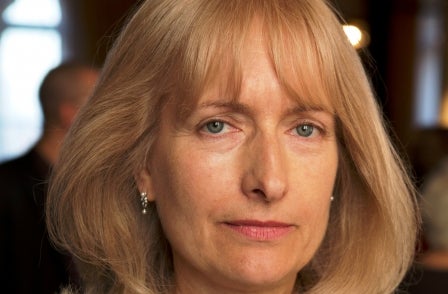
Kirsty Hughes is chief executive of Index on Censorship
As newspaper editors are put under pressure by David Cameron to conjure up rapidly a Leveson-like press regulator that doesn’t require legislation, there is still much confusion around what Lord Justice Leveson’s voluminous report actually means.
Does it cross the Rubicon of statutory involvement in the press? Or does it really set out the path to an independent, voluntary and self-regulatory approach?
While the power and behaviour of large media corporations have rightly been under an intense spotlight, little attention has been paid to questions of political power and the reasons why politicians around the world can so easily be tempted to pressurise or even control the press.
Leveson’s report is also remarkably easygoing on the misjudgements of politicians and police in their relations with the media, allowing for good faith even where bad decisions have been taken, especially by the police.
Yet part of what Leveson – and others – exposed so effectively to the world was an extraordinary cronyism in some media-political-police networking.
Coming so quickly after the expenses scandal, it is surprising that so many people – hacking victims, politicians, academics, celebrities – are ready to say he answer to the phone-hacking scandal is to let politicians vote on regulating newspapers.
Leveson’s so-called ‘statutory underpinning’ of a press regulator would mean MPs voting on the characteristics such a regulator should have, set out in 24 paragraphs that Leveson says would form the core of the definition of an acceptable regulator.
This breaches the vital principle for a free press and freedom of expression – that state, politicians, and government should not have any sway over newspapers beyond general laws that apply to all citizens and organisations.
It is hardly new to point out that politicians care about their media image and how the press report on them, and do what they can to spin good coverage.
Good coverage can help to keep them in power, impacting on what voters think and how they vote.
And so we need journalists and politicians to be independent of each other if we want our democracy to function as it should.
A vote by MPs to establish the characteristics of a press regulator means that body would not be independent.
Nor, if it follows his principles for an ‘independent’ board with no current editors, is it ‘self-regulation’ either.
Is it at least voluntary, like the Irish model, which is set up by statute but voluntary to join? Here confusions reigns. Leveson says it is.
But one characteristic he insists a press council must meet is that ‘all significant news publishers’ join.
So if anyone exercises their voluntary right not to join, the press council fails.
Leveson suggests (as a view not a recommendation) that if it fails, Ofcom should act as a statutory backstop. Catch 22: the press council fails if anyone chooses voluntarily not to join; but if the body fails, compulsory backstop regulation steps in. Joseph Heller would be proud of him – but it’s no way to protect press freedom.
Email pged@pressgazette.co.uk to point out mistakes, provide story tips or send in a letter for publication on our "Letters Page" blog
